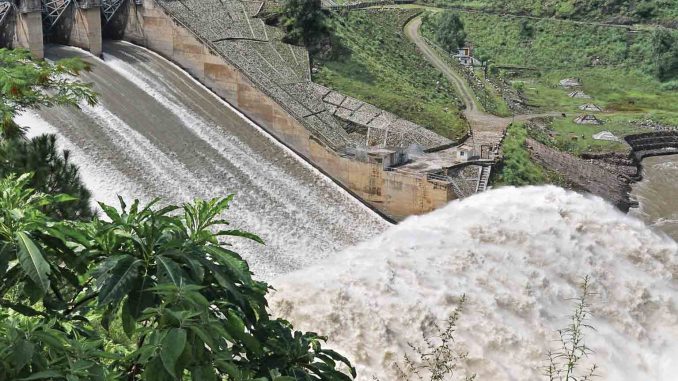
In a major policy development this month, the high-level empowered committee headed by the cabinet secretary, set up in July this year to address the issue of stressed thermal assets, released its report. The report contains a number of strong policy recommendations.
Many of these pertain to addressing fuel supply issues. To begin with, the committee has recommended that the Ministry of Coal and the Ministry of Power should work together to ensure the availability of short-term linkage coal for a minimum period (say, three months). Further, the committee has recommended that stressed plants be allowed to use linkage coal for the supply of power through short-term PPAs for a maximum period of two years or until they find another buyer of power under long- /medium-term PPAs, whichever is earlier.
The committee has also suggested that at least 60 per cent of the e-auction coal quantity should be earmarked for the power sector, in addition to the regular coal requirement for the sector. Another key recommendation is that linkages should be provided at notified prices without bidding. In this regard, the committee recommends that the generator should be required to bid only once, for the procurement of PPA and the linkage may be granted at the notified price without any further bidding. This will reduce the uncertainty and fuel supply risk of the generator and ensure comfort to the lender. The committee has also stated that in order to revive gas-based power plants, the Ministry of Power and the Ministry of Petroleum and Natural Gas should jointly devise a scheme in line with the earlier e-bid R-LNG Scheme (supported by the PSDF).
Also, given the paucity of long- and medium-term PPAs, the committee calls for a nodal agency, which would aggregate all power procurement contracts on behalf of the states for three to five years and auction them with attached coal supplies. The committee has also recommended that NTPC could act as an aggregator of power to procure power through a transparent competitive bidding process from such stressed power plants and offer the same to discoms till its own plants/units are commissioned.
On regulatory and discom payment issues, the committee has recommended a late payment surcharge to be mandatorily paid in the event of delayed discom payments. Further, it has proposed a mechanism through which REC and PFC — major lenders to discoms — can make an upfront payment to independent power producers. If these state-owned lenders are not able to recover the dues, the Reserve Bank of India may recover them from the account of the states and pay these public financial institutions, it said. The committee has also suggested that in case there is a delay in the commissioning of a project, the discoms should not cancel the PPAs. The report states that the revenue gained by implementing these measures can be used for servicing debt.
Overall, these recommendations have been welcomed by the industry and the power ministry as they deal with a number of deep-seated sectoral issues that have been the real reason for the stress in the sector. Swift time-bound implementation of these proposals is critical, and now keenly awaited.
